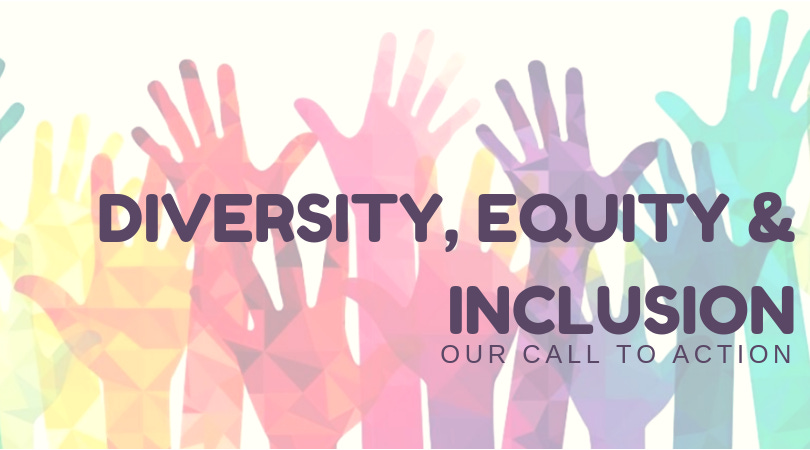Embracing Our Differences | The Impact Post
Issue #32 | Thu, Jul 6, 2023
Dear Patron,
India stands at the 159th position out of 190 countries on the Diversity, Equity, and Inclusion Scale, according to the DEI Country Index, 2023. In a constantly changing work landscape, Indian employers need to recognize that DEI is not just a celebration during Pride Month or special days, it is a critical component of employee wellbeing and requires consistent year-round effort.
According to the latest Wellbeing Programmes India Survey, DEI programs top the social well-being initiatives provided by Indian organizations. The spotlight shines on inclusion and diversity training (71%), accessible office spaces (71%), gender-neutral company communications (71%), and inclusive benefits options (62%). Some companies also offer gender-neutral restrooms (33%) and diversity scholarships (20%). But what areas remain in the shadows?
The Future is Disabled
Making space for disabled people and disabled futures is necessary to face what lies before us. As the title of Leah Lakshmi Piepzna-Samarasinha’s provocative book has it, the future is disabled. The world is experiencing changing disease patterns, and the focus needs to zoom out from cures or solutions for individuals to infrastructure that enables diverse communities.
According to the Randstad India report, although 65% of companies in India have policies to hire and include people with disabilities, only 18.5% of those companies are private Indian firms, and merely 4.48% are public sector companies.
Limb loss is one of the most physically and psychologically devastating events causing significant disfigurement, rendering people less mobile, and at risk of losing independence. As of 2016, India had an estimated one million individuals with amputations. Every year 23,500 amputees are added to this population.
NuSocia worked with a leading general insurance company to conduct an outcome assessment study of their CSR program helping over 250 beneficiaries with prosthetic limbs. When it comes to project design and implementation, accessibility and quality to repair and service of prosthetic limbs still remain a huge concern, sometimes for over a fortnight.
We need more ways to be. Opening ourselves to disabled expertise will mean a more livable world - one that we all can inhabit.
It's Her Story. Not
Over nearly two decades, India's female labor participation rate looks like a steady downward curve: from 32% in 2005 to 19% in 2021. According to the latest World Bank figures, from 2021, fewer than 1 in 5 Indian women work – at least formally.
Yet India has one of the fastest-growing economies in the world. By 2030, India is forecast to be the third-largest economy in the world. As the country gets richer, Indian women are getting more educated, and healthier - yet unemployed.
Why? And what can be done to improve the situation?
We Are The Rainbow
From the Kerala high court allowing lesbian couples to stay together to a Madras high court judge consulting a psychologist to tackle his ignorance and prejudice about same-sex relationships, India’s legislative and judicial actions reflect changing approaches.
However, CSR funds for gender-based causes in the country still form a measly 1.5% of the total spend (INR 2825.7 crores between 2014 and 2020). On the other hand, sectors like education get a disproportionately large portion of CSR funds.
The preferential treatment can be traced to risk and returns associated with a project. Some factors that influence the quantum of CSR funds in specific sectors include government policy, risk perception related to adopting a particular social impact area, and regressive values, including conservative mindsets and religious dogmatism.
It will take a multi-pronged approach that embraces social and legal changes to positively impact the allocation of CSR funds towards initiatives for sexual and gender minorities.
How can CSR programs address the needs of gender and sexual minorities in India?
I hope you enjoyed reading this newsletter. That’s it from me this time. Have questions? Reach out to me by replying to this email.
Regards,
Manju Menon
Co-Founder & CEO, NuSocia



